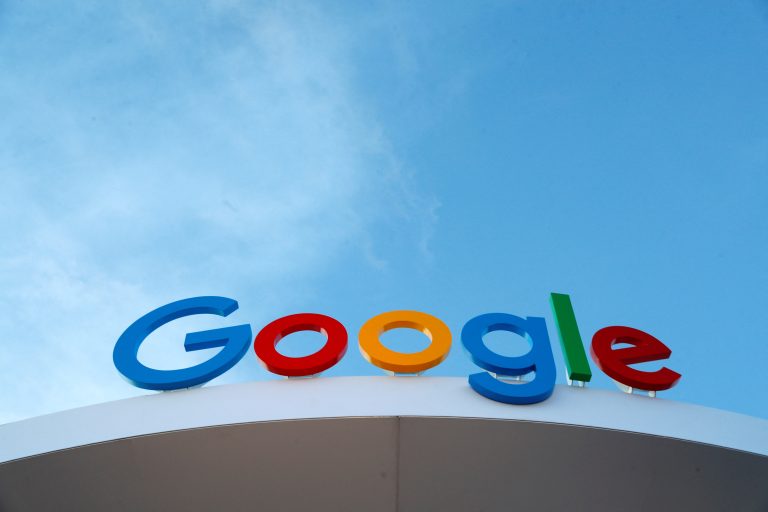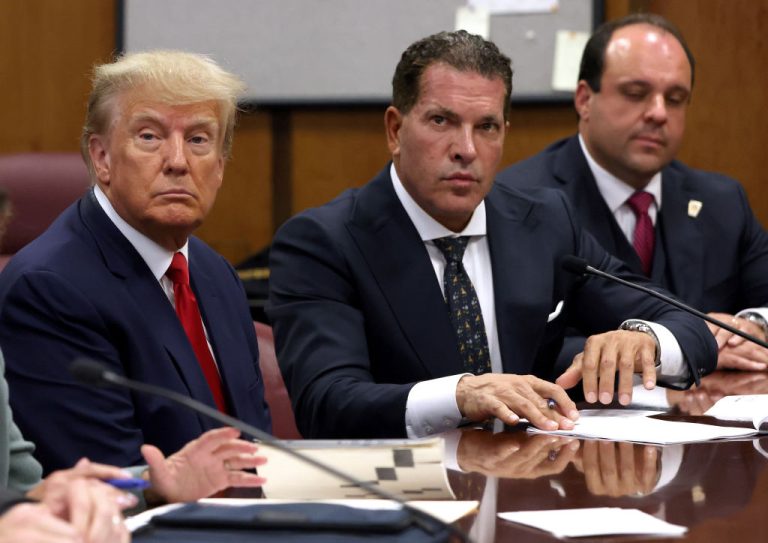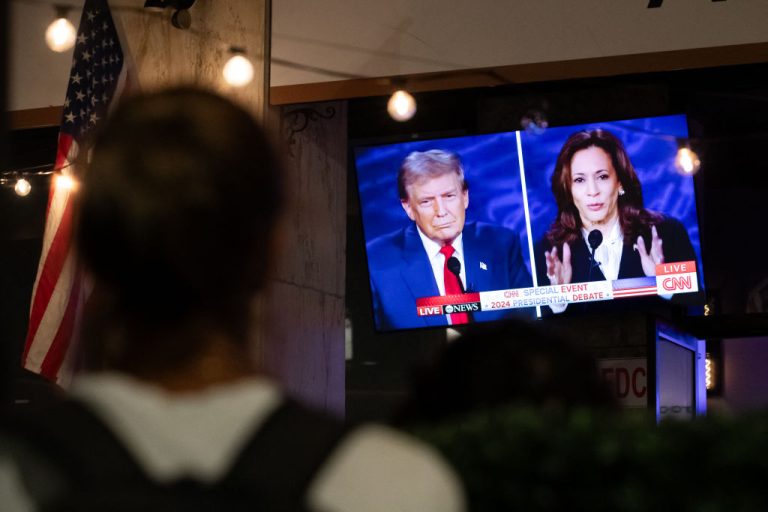On August 5, in what is being described as a “landmark” ruling, a federal judge said that Google violated antitrust laws by building a dominant hold over online search services, a ruling that will have wide-ranging and unprecedented implications for the future of the internet.
The Justice Department has been arguing that Google relied on anticompetitive payments to tech giants like Apple, Samsung and AT&T — totaling $26.3 billion in 2021 — to ensure the default search browser on their mobile devices was Google’s.
Judge Amit Mehta agreed, and ruled that Google violated Section 2 of the Sherman Antitrust Act in two markets, general search services and general text advertising, and found that the deals Google made were “exclusive” and had “anticompetitive effects.”
“Google is a monopolist, and it has acted as one to maintain its monopoly,” Mehta said in a written opinion on the matter.
This is the first time in more than two decades that the Department of Justice (DOJ) has won an antitrust case against one of the Big Tech companies.
Success
You are now signed up for our newsletter
Success
Check your email to complete sign up
The ruling has the potential to seriously disrupt Google’s lucrative digital ad business, which accounts for more than $300 billion of the company’s annual revenue.
Following the ruling, the stock for Google’s parent company, Alphabet Inc dropped and is down 7.61 percent over the past five days. However, in recent days the Dow has fallen more than 1,000 points amid fears of an economic slowdown. A number of tech companies have taken a hit including NVIDIA Corp, which has seen a 5.61 percent drop in its stock price over the past five days.
READ MORE:
- Falun Gong Endures in China Despite 25 Years of Communist Persecution
- Poland Closer to Buying US Apache Attack Helicopters
- Gold’s Run to Record High Could Slow Demand
Damages to be determined
The DOJ has not said as of yet what specific remedies it’s seeking, however a separate trial will be held to determine potential damages.
Following the ruling, Attorney General Merrick Garland said, “This victory against Google is a historic win for the American People. No company — no matter how large or influential — is above the law. The Justice Department will continue to vigorously enforce our antitrust laws.”
Google’s president of global affairs, Kent Walker, said the company plans on appealing the ruling.
In a statement, Walker said, “The decision recognizes that Google offers the best search engine, but concludes that we shouldn’t be allowed to make it easily available.”
Antitrust watchdogs are applauding the ruling, calling it a long-overdue crackdown on the tech giant.
According to the NY Post, Sacha Haworth, Executive Director of the Tech Oversight Project, said, “For over a decade, Google bent the entire digital marketplace to its will — resulting in higher prices, less competition, and a degraded internet for everyone. When tech monopolies manipulate our economy, it hurts us all.”
In the trial, Google argued that the public simply chooses their search engine over their rivals because it is a better product, however Mehta found that Google’s push to ensure their product was the default worked as a “major, largely unseen advantage over its rivals.”
“The default is extremely valuable real estate,” Mehta said. “Because many users simply stick to searching with the default, Google receives billions of queries every day through those access points.”







